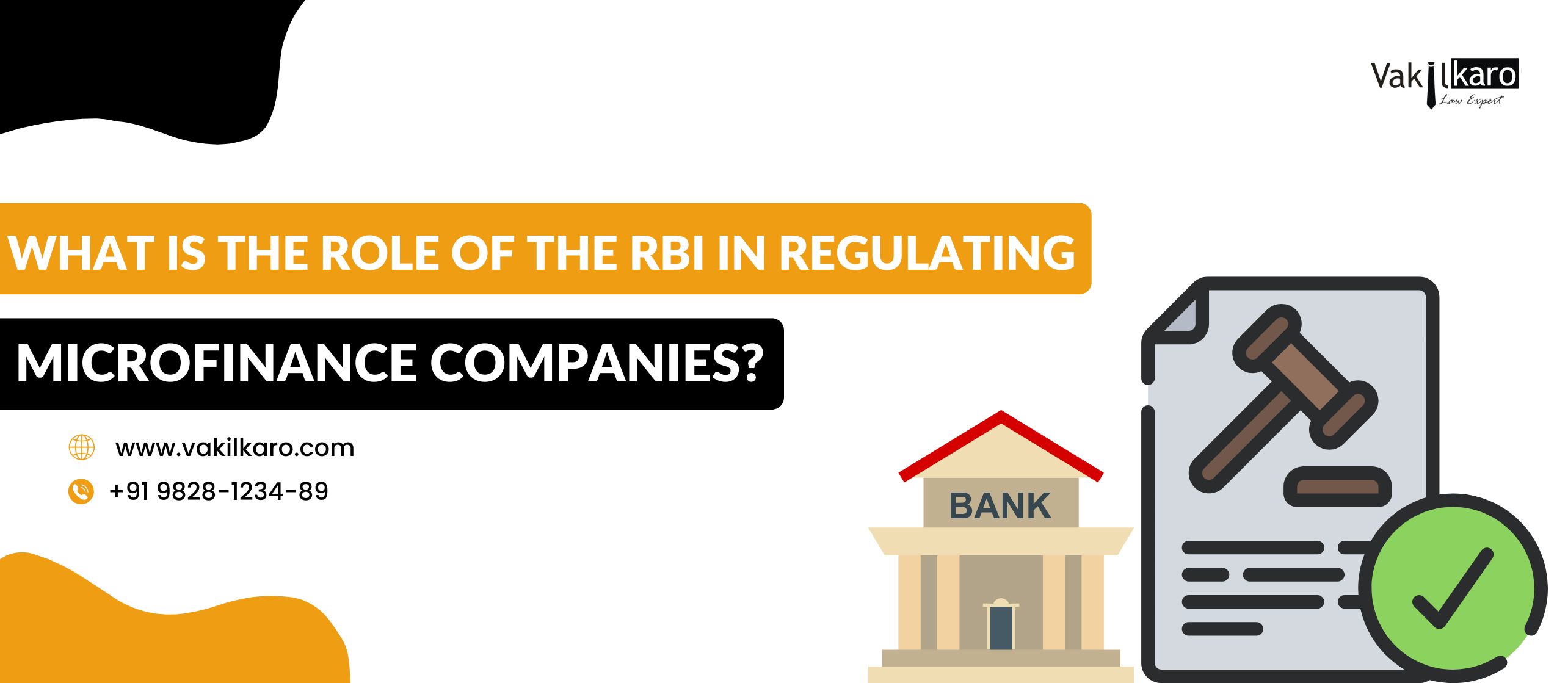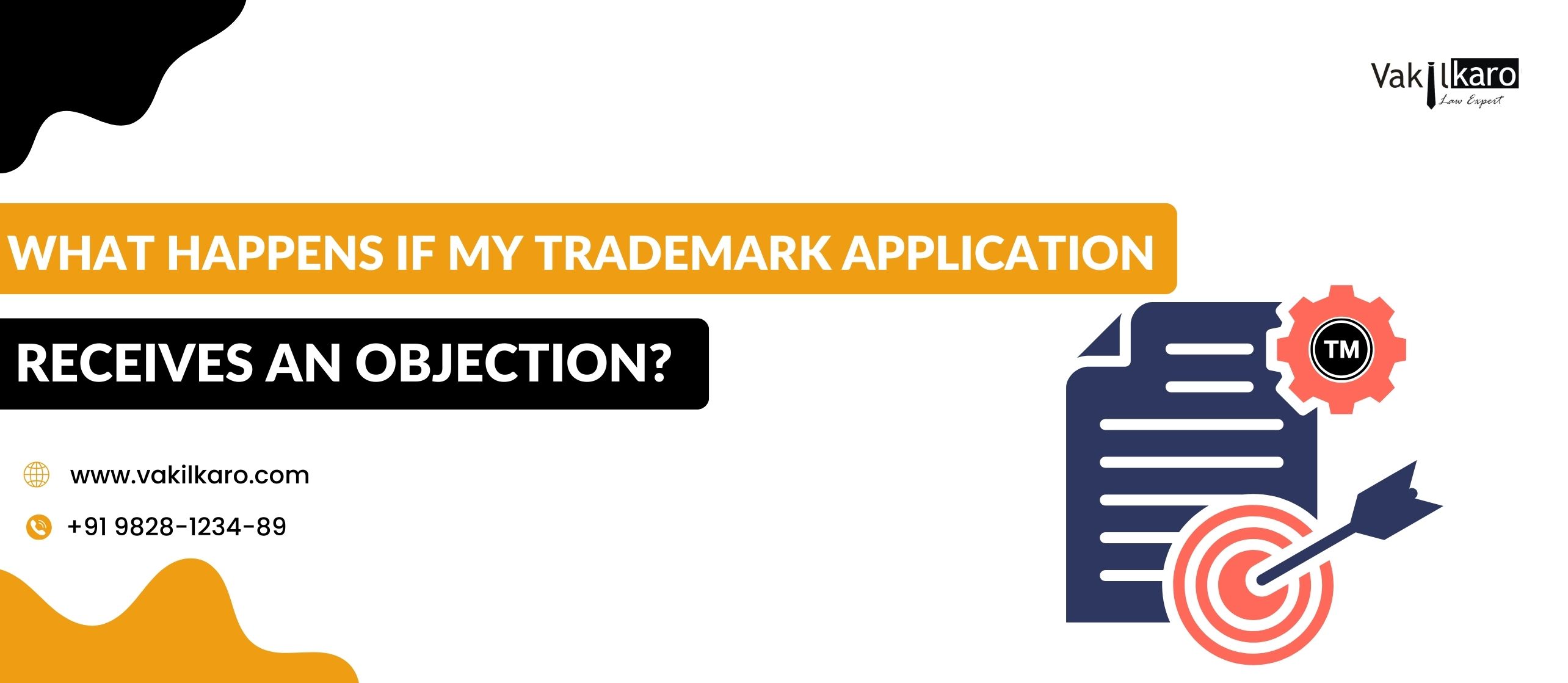How to Handle a Trademark Objection and Secure Your Registration
Receiving an objection to your trademark application can be concerning, but it is a common part of the registration process. An objection does not mean rejection; it simply requires clarification or modification to ensure compliance with trademark laws. If you apply for a trademark and receive an objection, understanding the reasons behind it and taking the right steps can help you resolve the issue effectively. Ensuring that your trademark business name aligns with legal requirements can prevent complications in the future.
Trademark objections often occur due to similarities with existing trademarks, lack of uniqueness, incorrect classification, or the use of restricted words. If you apply for a trademark and face an objection, the first step is to carefully review the examination report to understand the exact reason cited by the examiner. Seeking guidance from a trademark attorney can be beneficial, as they can help you draft a well-structured response. If you are registering a trademark for your business name or considering “trademark my logo” protection, your reply should include strong legal arguments, relevant evidence, and necessary modifications to address the concerns raised by the examiner.
Timely action is crucial, as trademark objections usually have a deadline for response, typically 30 days from the objection date. If your written response is not sufficient, you may be required to attend a hearing where you can further clarify your case. In case the objection leads to a rejection, you have the option to appeal the decision or make necessary modifications to your trademark before reapplying. Ensuring trademark renewal on time also helps maintain legal protection for your brand.
To avoid objections, conduct a thorough trademark search before filing and ensure you apply for trademark or logo is unique. Choosing a distinctive trademark, classifying it correctly, and demonstrating prior use in commerce can significantly improve your chances of approval. Additionally, identifying potential trademark infringement issues can help protect your brand from legal disputes. By following the right approach and seeking professional assistance, you can successfully navigate objections and secure trademark registration ensuring long-term brand protection.

Introduction
Trademark registration is a crucial step for businesses looking to protect their brand identity, including their trademark business name, logo, and unique symbols. However, during the trademark application process, applicants may face an objection from the trademark examiner. If you apply for a trademark and receive an objection, do not panic. This blog will guide you through the reasons behind a trademark objection, how to respond effectively, and the steps to ensure your trademark gets registered successfully.
Understanding Trademark Objections
A trademark objection is a preliminary refusal by the trademark examiner citing legal reasons why the trademark cannot be registered in its current form. Objections are usually issued in an examination report after the initial review of the application. The most common reasons for objections include:
- Similarity to an Existing Trademark – If your trademark business name or logo resembles an already registered trademark, the examiner may raise an objection.
- Lack of Distinctiveness – A trademark should be unique and distinguishable. Generic or descriptive words often face objections.
- Use of Prohibited Words or Symbols – Some words, symbols, or geographical names are restricted by law and cannot be trademarked.
- Incorrect Classification of Goods/Services – If your application does not correctly categorize your business’s offerings, the examiner may raise an issue.
- Failure to Provide Proof of Use – In some cases, you may need to demonstrate that the trademark is already in use in commerce.

How to Handle a Trademark Objection
If your application for a trademark receives an objection, follow these steps:
- Analyze the Examination Report – Read the objection carefully to understand the exact reason cited by the examiner.
- Consult a Trademark Attorney – Legal experts can help you craft a strong response addressing the objections.
- Draft a Response to the Examiner – Your response should include legal arguments and evidence to support the uniqueness and validity of your trademark.
- Submit the Reply Within the Deadline – Usually, the response must be submitted within 30 days of receiving the objection.
- Attend a Trademark Hearing (if Required) – If the examiner is not satisfied with your written response, a hearing may be scheduled to present your case.
What If Your Trademark Application Is Rejected?
If the examiner is not convinced by your response, your trademark application may be rejected. In such cases, you have the option to:
- File an Appeal with the Intellectual Property Appellate Board (IPAB) – If you believe your trademark is wrongly rejected, you can appeal against the decision.
- Modify and Reapply – Sometimes, slight modifications to the trademark business name or logo can help you secure registration.
- Negotiate with Existing Trademark Holders – If your application was objected to due to similarity with another trademark, you may reach an agreement with the other party.
Tips to Avoid Trademark Objections
To minimize the chances of receiving an objection when you apply for a trademark, consider these best practices:
- Conduct a Comprehensive Trademark Search – Before filing, ensure that your trademark is not similar to existing ones.
- Choose a Unique and Distinctive Name or Logo – Avoid generic words and create a unique brand identity.
- Use Your Trademark in Commerce – Having prior usage can strengthen your case during an objection.
- Ensure Proper Classification – Select the correct class for goods or services to avoid unnecessary issues.
- Monitor for Trademark Infringement – Keeping an eye on unauthorized use of your trademark helps in safeguarding your brand identity.
Conclusion
Receiving a trademark objection does not mean the end of your registration process. With the right approach, including a well-drafted response and legal guidance, you can overcome objections and secure your trademark. Whether you are registering a trademark business name, logo, or tagline, taking proactive steps can help you successfully trademark your brand. Additionally, staying updated on trademark renewal requirements ensures continued legal protection for your brand.
If you are facing a trademark objection, consult a trademark advocate today to safeguard your brand identity!
Why Choose Vakilkaro for Your Legal and Business Needs?
VakilKaro is a trusted name in providing comprehensive legal, business tax registration, and compliance services for businesses and individuals. Whether you need assistance with microfinance company registration GST registration and compliance, trademark protection, or business licensing, VakilKaro ensures a hassle-free experience with expert legal guidance.
1. Trademark and Intellectual Property Services
VakilKaro helps businesses protect their brand identity by providing end-to-end trademark services, including:
- Apply for trademark – Assisting in filing applications for business names, logos, and taglines.
- Trademark my logo – Ensuring your logo is legally protected against unauthorized use.
- Trademark infringement support – Legal guidance in case of trademark disputes.
- Trademark renewal – Managing renewals to maintain brand protection.
- Trademark objections and appeals – Handling objections and rejections professionally.
2. Business Registration and Compliance
For entrepreneurs and startups, VakilKaro simplifies the business registration process, ensuring compliance with legal requirements:
- Private Limited Company & LLP Registration – Helping you establish a legally recognized business entity.
- One-Person Company (OPC) Registration – Personalized support for solo entrepreneurs.
- GST Registration & Compliance – Assisting in tax filing and regulatory compliance.
- Microfinance & RBI License – Specialized assistance in obtaining RBI approvals for financial businesses.
3. Legal Documentation & Contract Drafting
VakilKaro provides customized legal drafting services, including:
- Business contracts and agreements – Drafting legally sound agreements for partnerships, employment, and more.
- Intellectual property protection – Ensuring copyright, trademark, and patent protection
- Legal dispute resolution – Assisting businesses in resolving conflicts through legal means.
4. Corporate and Financial Services
VakilKaro supports businesses in corporate structuring and financial management with services like:
- Mergers & Acquisitions (M&A) – Legal support for business expansion and restructuring.
- Accounting & Bookkeeping – Ensuring financial accuracy and compliance.
- Assistance in obtaining loans & credit facilities – Helping businesses secure funding.
5. Cost-Effective and Time-Saving Solutions
VakilKaro provides affordable legal solutions with a quick turnaround time, ensuring businesses stay compliant without unnecessary delays or high legal costs.